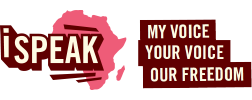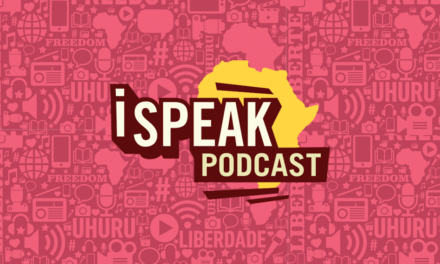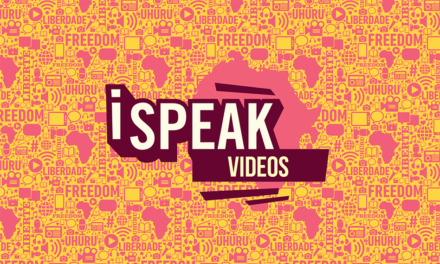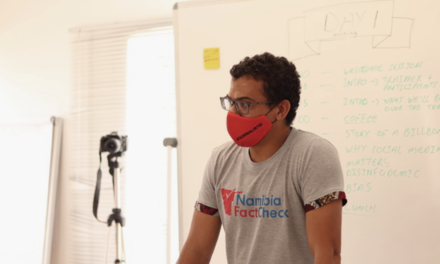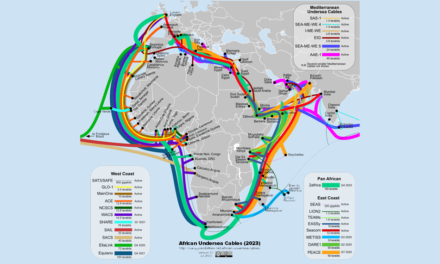
Saving journalism and engendering trust through activism
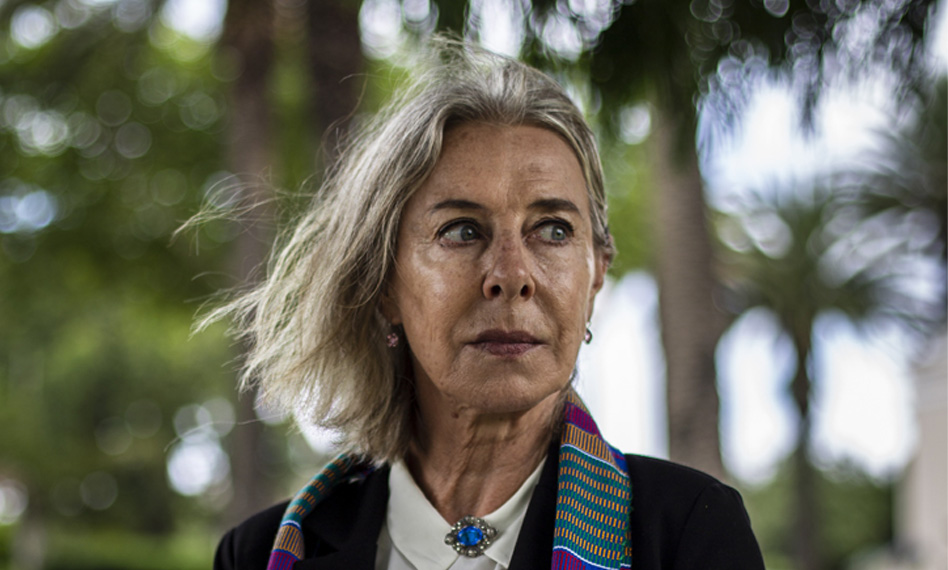
The following is a summary of the 2022 Barry Streek Memorial Lecture, delivered by veteran journalist Gwen Lister at the Cape Town Press Club on 26 January 2022. Download the full presentation here.
Why – I often ask myself, and I’m sure many of you with an interest in media probably do too – has trust in journalists and journalism eroded over the past decade or so? What is the real reason behind the decline which has also seen the demise of many newspapers?
How, why or what has fuelled this antipathy to the extent that journalists are distrusted almost as much as politicians, is up for debate.
I’m fairly convinced – although I’m aware there are many purists among us who would vehemently disagree with me – that journalistic excellence combined with activism for truth and transparency could save the day.
The current crisis has impelled journalists to introspect about their role and practice of journalism, which will need to adapt or die with new realities. What are journalists supposed to be in these increasingly polarised and dangerous times, exacerbated by a global pandemic, is the question many of them are now asking themselves and so too are the public.
The independent journalists of yesteryear took on undemocratic governments, spoke truth to power and tried to forge a better world. Journalism wasn’t then, and still isn’t today, a job for the fainthearted.
As Namibia became independent in 1990 with a Constitution and a Bill of Rights providing for, among others, press freedom, it dawned on us as we reviewed our journalistic role going forward that the struggle was not over.
A strong and activist belief in the need for media to free itself from the shackles of government domination led to African journalists agreeing on the Windhoek Declaration in 1991 urging for recognition of a free, independent and pluralistic media on the continent.
Back in 1991, newspapers were good business and the mainly print independent editors and journalists who helped draft the Declaration were mostly held in high regard, at least by the public.
Newspapers remained resilient even some years after the advent of the World Wide Web, but then came the 2000s – and the popularity of social media made a huge dent in print, breaking forever the business models of old.
That there is today fault in the world of journalism is not in doubt.
We are still overcoming blind spots on issues of gender, race, class and language amongst other things, and are not yet able to produce the most inclusive journalism – where audiences feel their stories and interests are part of the narrative.
Of one thing I have no doubt: people, in general, need to care more about press freedom and the lifeblood of good journalism or watch as democracies crumble and their own much-cherished rights to free expression begin to dissipate.
Most chilling is the fact that, as trust in the media declines, so does accountability on the part of governments – and not only undemocratic ones – in which secrecy and corruption are allowed to thrive.
Corruption, mismanagement and abuse of resources takes a real toll on the poor, and leads to a more, not less, unequal world. Where would we be without the whistleblowers and the journalists who uncover the rot, who bring light into the darkness?
Journalistic advocacy is to practise the quiet activism of good journalism based on conviction – standing up for campaigns for civil rights, for press rights, for racial justice, for gender equity and against economic inequality. These are different times which require journalism to adapt.
Society evolves and journalism must surely do too in order to help ensure the changes are for the better.
* Photo: PHOTO: CHARLIE SHOEMAKER/THE GLO BE AND MAIL
